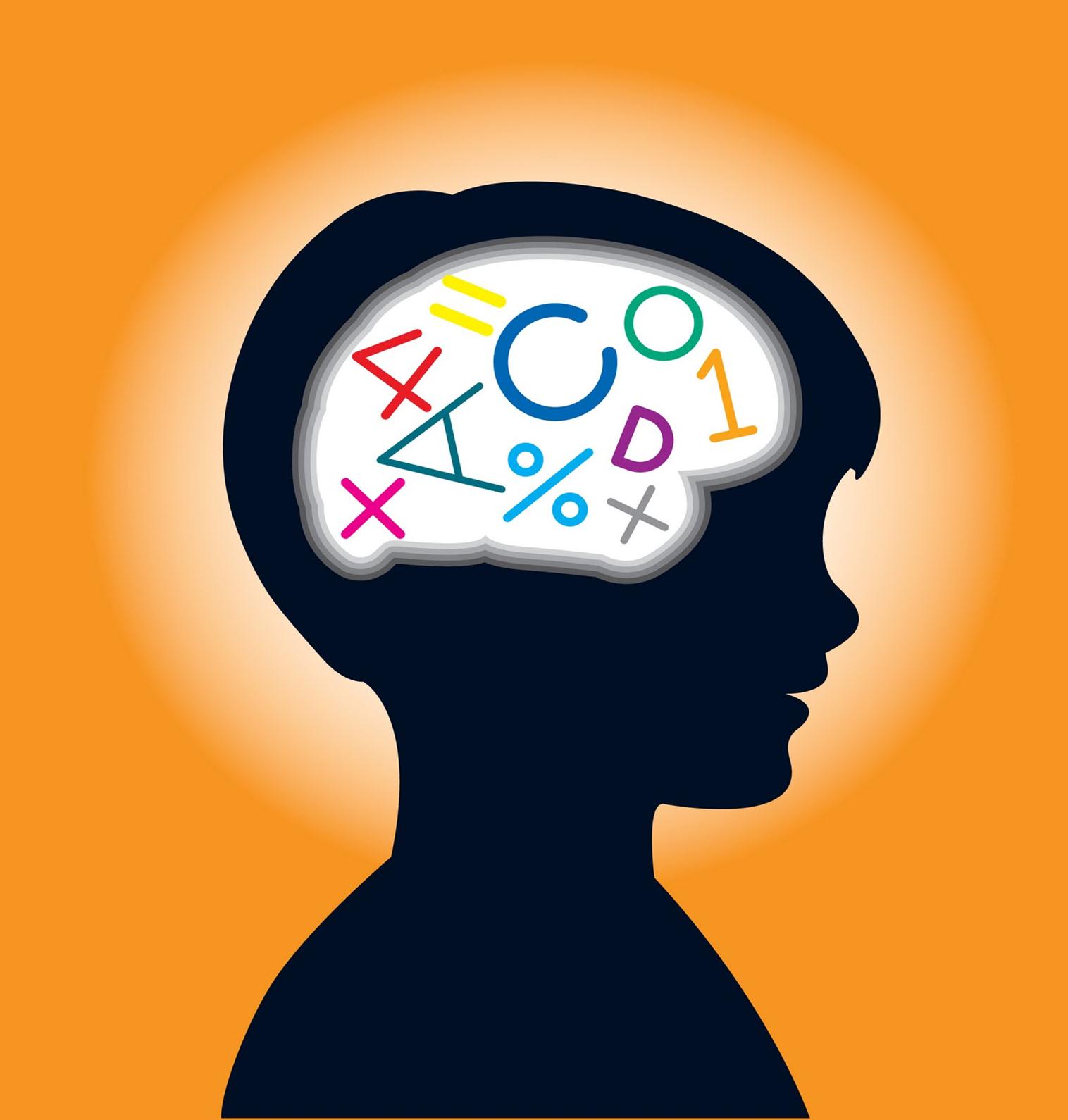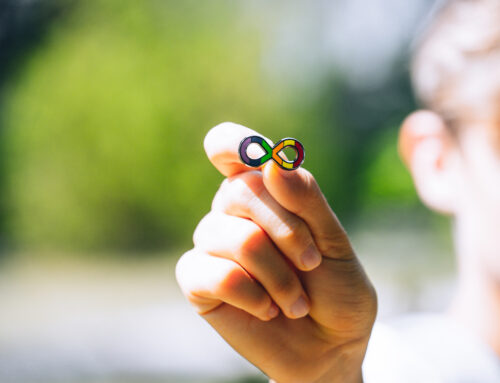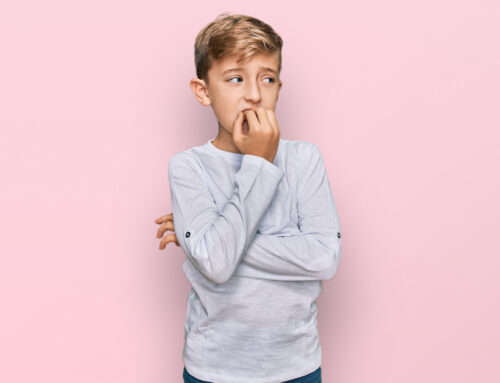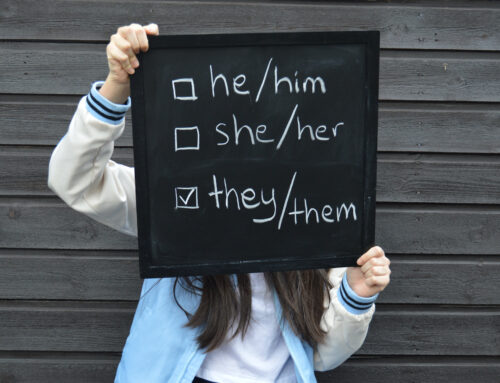Everyone struggles with life’s challenges… but have you noticed that, for your child, the challenges seem especially difficult? Maybe it’s the challenge of completing their reading assignments, or the challenge of sustaining focus during class hours, or the challenge of connecting with their peers. For these kids, they aren’t struggling due to a lack of wanting to excel or desiring social inclusion — nearly everyone wants these things — rather, they may be struggling due to an undiagnosed, or misdiagnosed, learning, emotional, or behavioral difference. For a child (and for adults, too) learning about their differences can be liberating.
That’s where psychoeducational evaluations come in. The job of the evaluator is similar to that of a detective. The evaluator uses a series of tests designed to collect clues about the different ways your child thinks, feels, reacts, and behaves. The evaluator follows the trail of clues to discover what is at the heart of the issues your child is experiencing. This discovery is a gift. It holds within it answers to why your child may feel different from their peers. It offers them validation and opens to them a network of support. If they take that support, a diagnosis and a treatment plan can help a child who previously struggled with their differences turn into one who is more confident and at peace with themselves. It can help a child transform from one who struggles to one who blossoms.
What might prompt you to want to get an evaluation?
First things first — keep your ears perked for any feedback about your child. Feedback can come from your child’s teachers, school officials, after school caregivers, pediatricians, friends’ parents, or from your child themself. Take note of anything that sounds distressing. During the pandemic, you may have had an unprecedented amount of time to see how your child goes about their day — does any of the feedback correlate to behaviors you’ve witnessed?
The goal is to clarify a child’s strengths and challenges and, when appropriate, to make an accurate diagnosis. Keep in mind that the same set of characteristics or symptoms can belong to many different diagnoses. For example, what looks like ADHD can actually be anxiety, depression, stress, or even sleep deprivation. A comprehensive evaluation helps to clarify the cause of symptoms and set families on the right path for treatment.
Who benefits from your child’s psychoeducational evaluation?
Of course, your child benefits from learning what underlies their differences. Undiagnosed differences can eat away at self esteem. On the other side of the coin, diagnosed differences let a kid see the world through a new lens. This lens shows them that other people just don’t understand the world the same way that they do. They learn to accept themselves, to explain themselves, and to build habits that reinforce their strengths and bolster their weaknesses.
Everyone else who interacts with your child benefits, too, because they have background information to go off of anytime that an incident arises. The school counselor will know how to handle outbursts or meltdowns, the nurse will know that a stomach ache may be a sign of anxiety, and the teacher will know what steps to take to avoid triggering a disruption in class. At home, siblings will know not to tease about certain things, the babysitter will know what behaviors to expect, and friends will know not to take certain behaviors personally.
Clarity and understanding breed empathy, and empathy benefits the whole network.
Evaluations paint the whole picture.
Your child’s neurological differences are locked up inside their brain — which means that they are hidden to us outsiders unless the differences manifest in a visible way. Because of that, a child’s hidden differences often get overshadowed by any visible differences they experience. For example, if a child has a physical disability, it’s important not to assume that is the sole cause of their struggles. In reality, it may be one piece of the picture.
An evaluator is trained to take all parts of a child’s lived experience into account. Over the course of an evaluation, the psychologist will talk to a child to gain a 360 degree understanding of their life. They’ll ask your child, either through tests or through conversation, about the struggles people can see as well as the ones which they usually keep hidden to themselves.
In doing so, an evaluator helps you really understand your child, which is essential to your ability to address the root cause of their differences rather than just manage the symptoms.
What does Georgetown Psychology offer?
Georgetown Psychology offers psychoeducational assessments, conducted by a team of clinical psychologists and neuropsychologists. At GP, we believe that our assessments are only one piece of the puzzle. To provide a comprehensive evaluation, we also talk to the other adults in a child’s life, such as parents, teachers, tutors, counselors, and psychiatrists.
We care about approaching each case in an individualized way. With such a vast assortment of tests to pull from, our evaluators have a keen eye for which combination of assessments will help paint a holistic picture of your child’s strengths, and struggles.
Additionally, while you and your child will meet with just one of our evaluators, there is a whole team operating behind the scenes, pooling their expertise in weekly consultation meetings.
Lastly, GP cares about the connection and relationship we build with the parents and children who come to see us. For kids, we create a friendly and relaxed atmosphere where they can demonstrate their best on the assessments and feel comfortable enough to share about their experiences. For parents, our reports are written to be understandable and digestible and always include a practical roadmap of next steps.
It’s hard to know how to give your child the best environment possible for them to grow and thrive, especially when you are the parent of a child with differences. An evaluation can unlock your ability to give your child the care they need and unlock your child’s ability to step into themselves with self-awareness and love.





